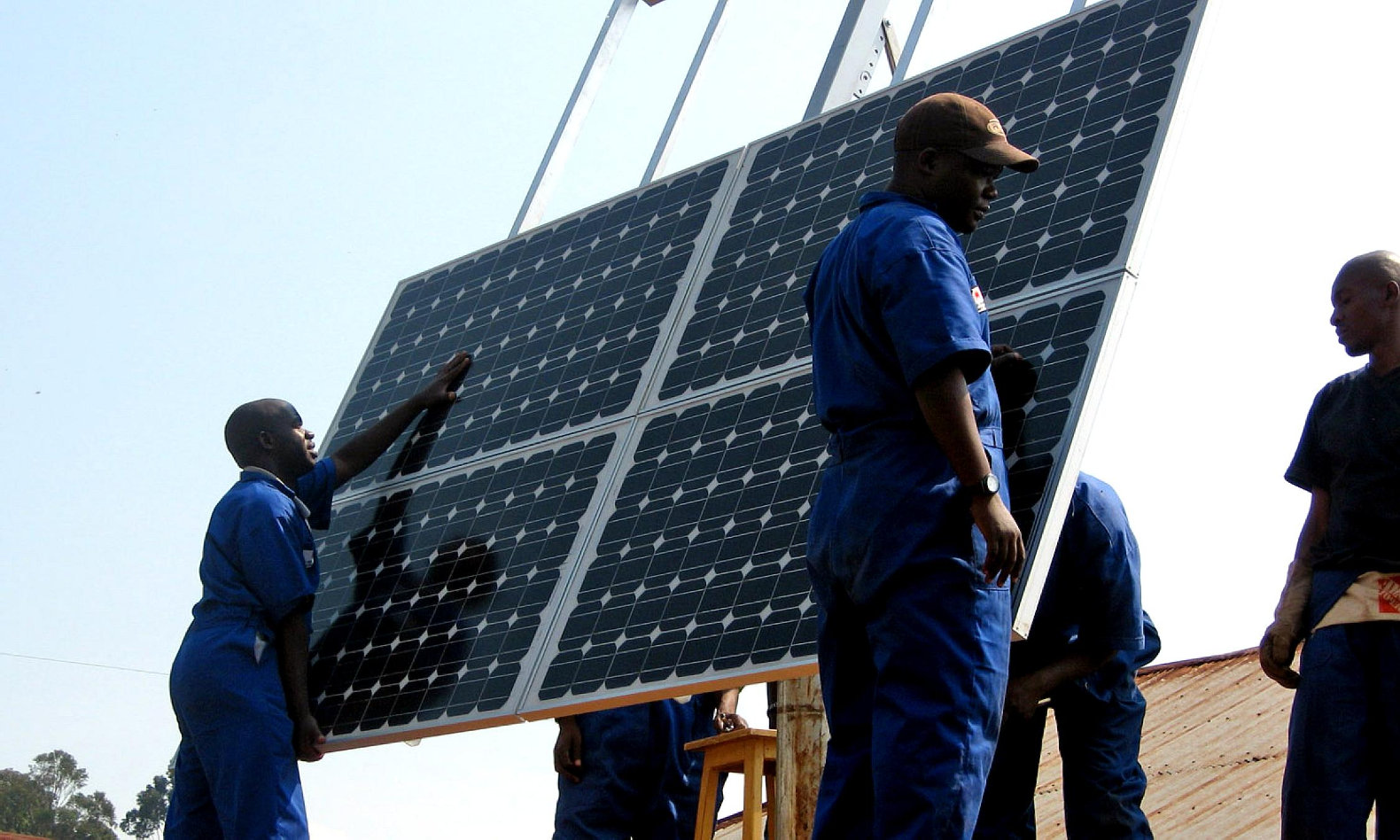The private sector in Africa is outdoing the inefficient state-owned power utilities to deliver electricity to rural places, a new report compiled by consulting firm PricewaterhouseCoopers (PwC) has shown.
Large-scale state-owned power utilities were not obsolete either, because they could still offer bulk solutions for industries and cities but there is need to change the way they are operated
According to the report dubbed Electricity beyond the Grid, about 634-million people are unable to access electricity in the sub-Saharan Africa, as opposed to only about 526-million in Asia. Approximately 80% of those who can’t access electricity are in the rural areas, where the cost of building transmission lines is unfriendly because of the long distances, small number of cutomers and difficult terrain.
According to Angeli Hoekstra, a partner at PwC the cost of rolling out utility infrastructure to remote areas is in the range of 10,000-90,000 per kilometre.
She said off-grid solar solutions, however, could be tailored in accordance to households needs and are affordable to households with annual income of as little as $500 or less, up to those with between $2,000 and $5,000.
The “pay as you go” solar power market platform, which is being operated by companies such as Mobisol and M-Kopa is benefiting from lack of appropriate regulation and mobile payment platforms offered by companies including M-Pesa, Airtel, and MTN.
These solar power systems are designed in a way that they less costly compared to households’ kerosene consumption, and can be paid for in cash, or in credit terms. As the companies continue to build up relationships with their clients, who in turn create a credit profile over time, they are able to offer them other services.
“The pay-as-you-go solar home system business model can become the starting point for a wider range of commercial relationships and activity, and will drive economic growth,” the report said.
Mini-grids combining solar and diesel solutions are being set up at communities where there is an anchor customer, such as a mine or hospital. Mini-grids are more complicated, calling for greater upfront investment and adherence to strict safety measure and other regulations.
PwC manager Georg Baecker said rural that electrification could be speed up if policymakers had an integrated energy plan, creating an a friendly environment for off-grid solutions, promoting and enhancing the growth of mobile money markets, setting up energy funds to promote off-grid power, and appointing a champion to drive results.
